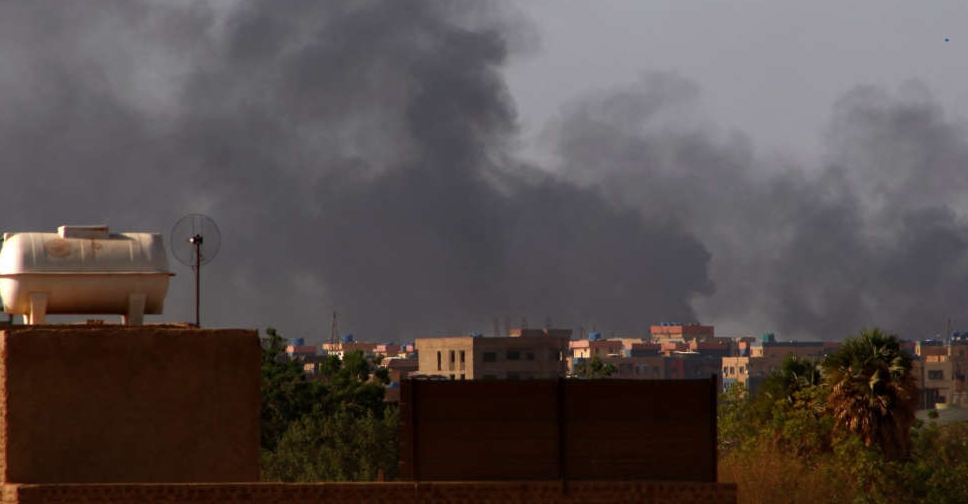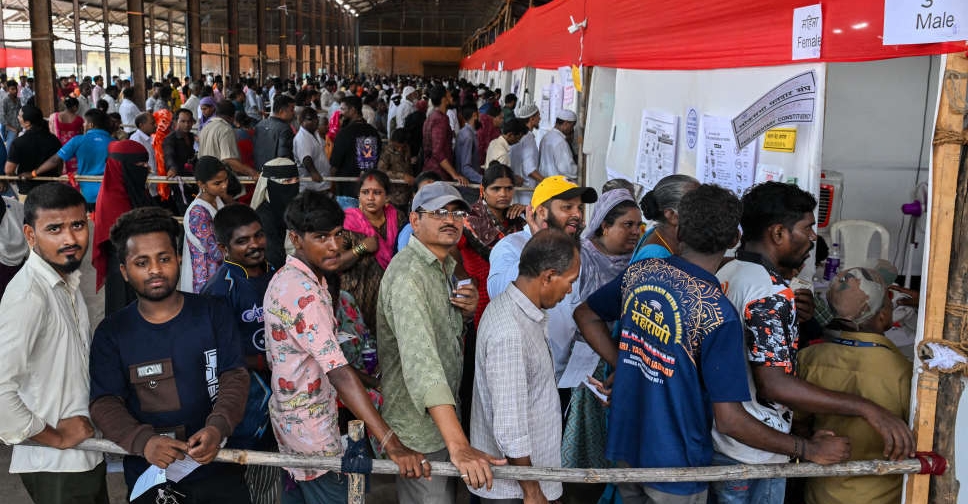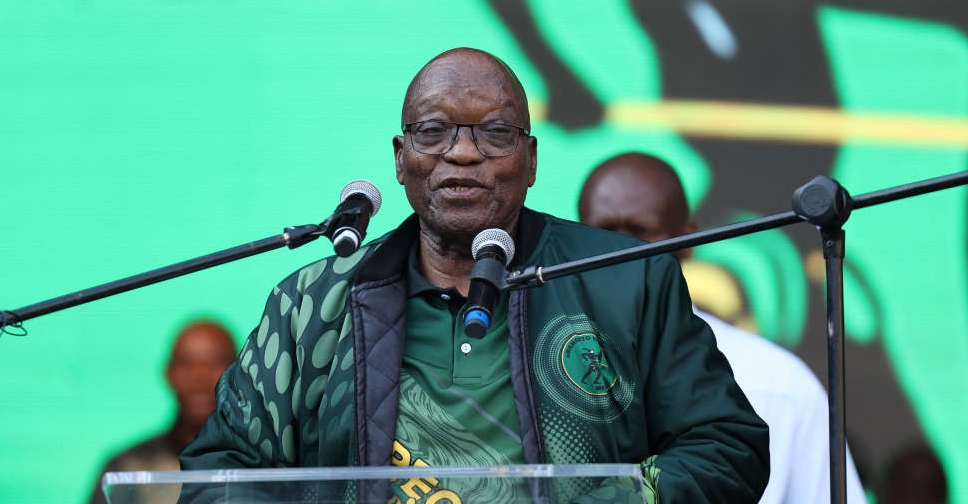
Artillery fire could be heard in parts of Khartoum, armoured vehicles were patrolling and warplanes flew overhead, residents said, putting in jeopardy a one-week ceasefire that raised the most hope to date that Sudan's warring factions would halt fighting.
Some other residents reported relative calm early on Tuesday, the first full day of the ceasefire that is being monitored by Saudi Arabia and the US and is meant to allow for the delivery of humanitarian relief.
After five weeks of fierce battles between the army and the paramilitary Rapid Support Forces (RSF), the warring factions on Saturday agreed to a seven-day truce that began at 9:45 pm (1945 GMT) on Monday, aimed to allow for the delivery of aid.
The ceasefire deal, reached in talks in Jeddah, has raised hopes of a pause in a war that has driven nearly 1.1 million people from their homes, including more than 250,000 who have fled to neighbouring countries, threatening to destabilise a volatile region.
"Our only hope is that the truce succeeds, so that we can return to our normal life, feel safe, and go back to work again," said Khartoum resident Atef Salah El-Din, 42.
Although fighting has continued through previous ceasefires, this was the first to be formally agreed following negotiations.
The ceasefire deal includes for the first time a monitoring mechanism involving the army and the RSF as well as representatives from Saudi Arabia and the United States, which brokered the agreement after talks in Jeddah.
US Secretary of State Antony Blinken said the monitoring mechanism would be "remote", without giving details.
"If the ceasefire is violated, we'll know, and we will hold violators accountable through our sanctions and other tools at our disposal," he said in a video message.
"The Jeddah talks have had a narrow focus. Ending violence and bringing assistance to the Sudanese people. A permanent resolution of this conflict will require much more," he added.
Shortly before the ceasefire was due to take effect, the RSF released an audio message from its commander Mohamed Hamdan Dagalo, known as Hemedti, in which he thanked Saudi Arabia and the US but urged his men on to victory. "We will not retreat until we end this coup," he said.
Both sides accused each other of an attempted power grab at the start of the conflict on April 15.
The United Nations envoy to Sudan warned on Monday of the growing "ethnicisation" of the military conflict and the potential impact on neighbouring states.
"The growing ethnicisation of the conflict risks to expand and prolong it, with implications for the region," Volker Perthes told a briefing at the U.N. Security Council.

 Iranian President Raisi killed in helicopter accident, state media says
Iranian President Raisi killed in helicopter accident, state media says
 Israel intends to broaden Rafah sweep, Defence Minister tells US
Israel intends to broaden Rafah sweep, Defence Minister tells US
 New Taiwanese president calls on China to stop threats
New Taiwanese president calls on China to stop threats
 India votes in fifth phase of elections
India votes in fifth phase of elections
 South Africa's ex-leader Zuma barred from running for parliament
South Africa's ex-leader Zuma barred from running for parliament



